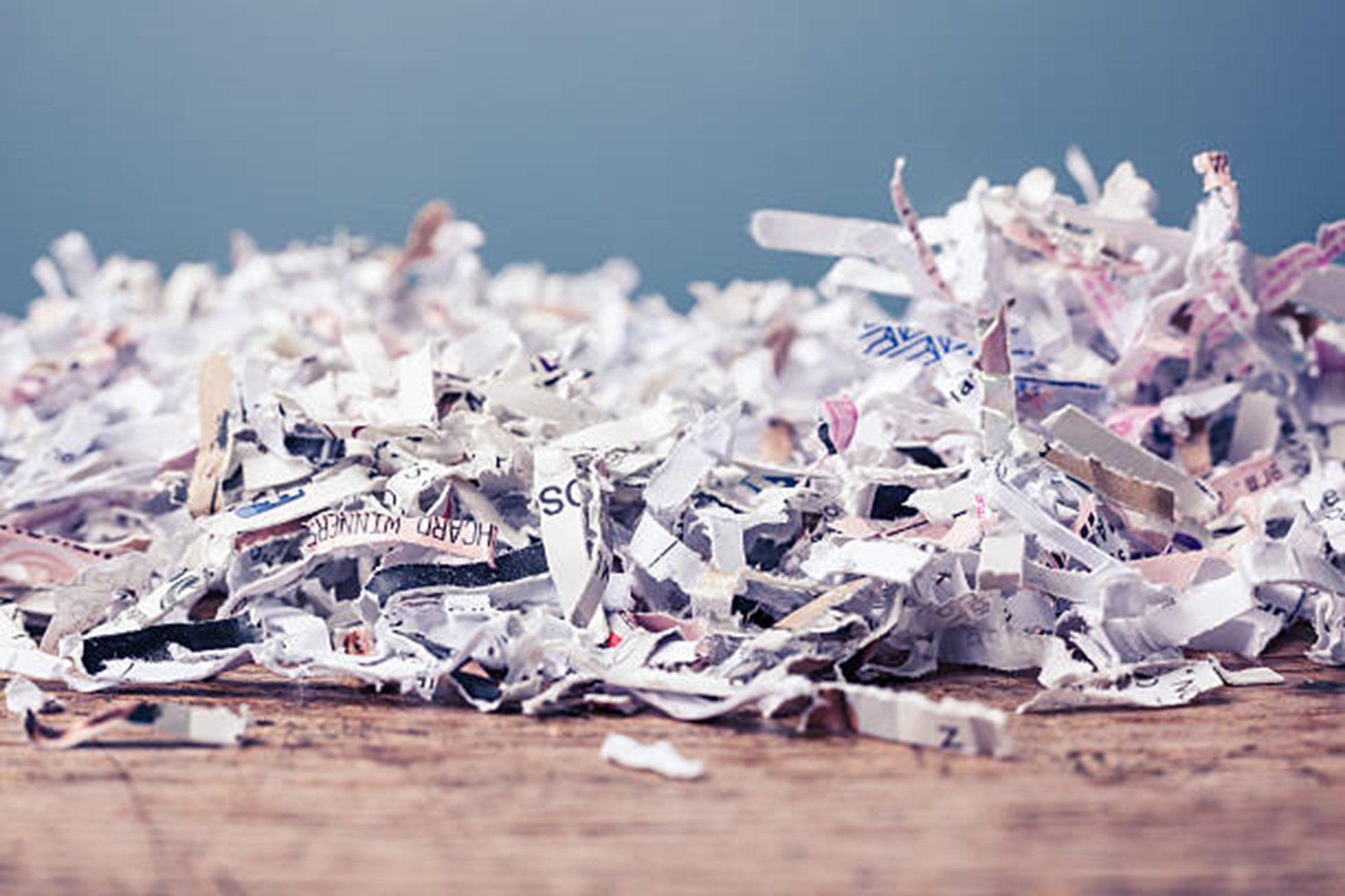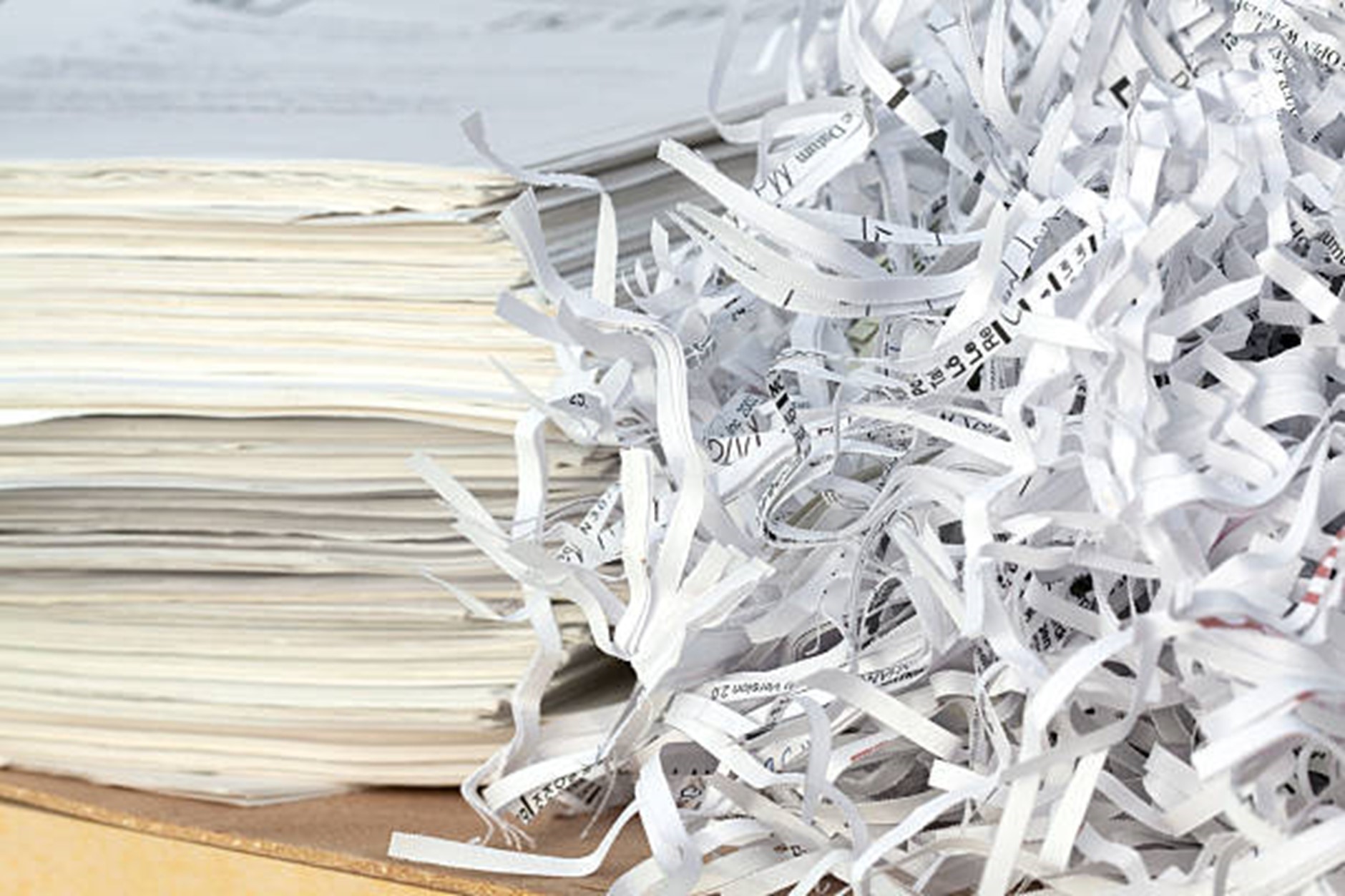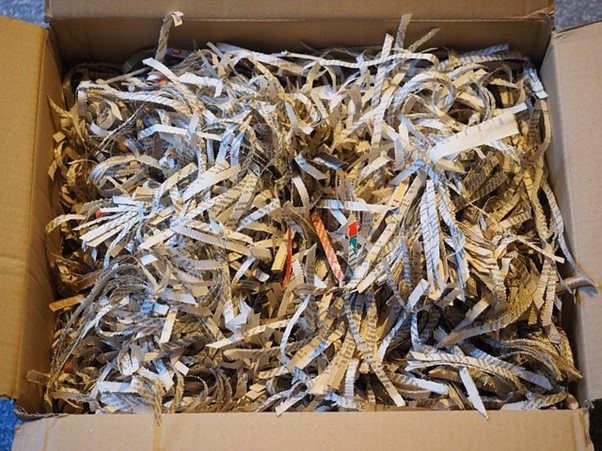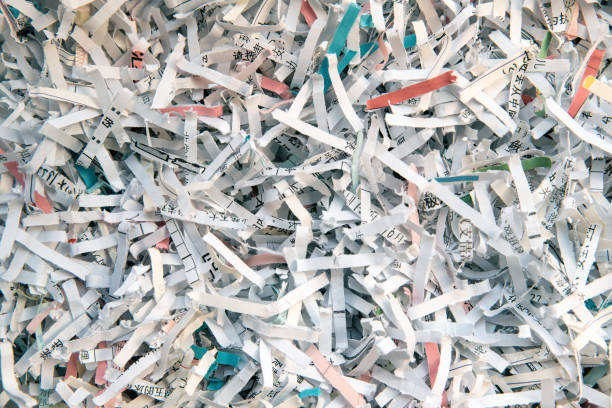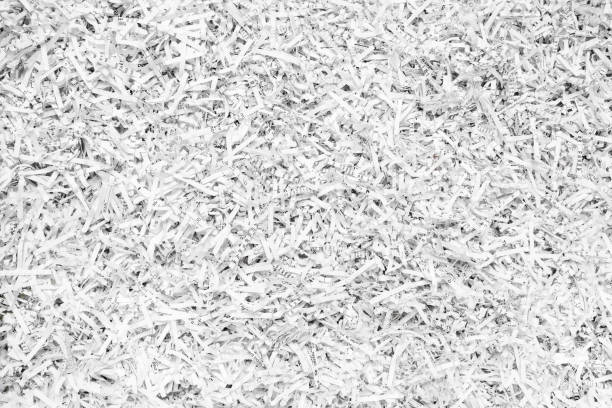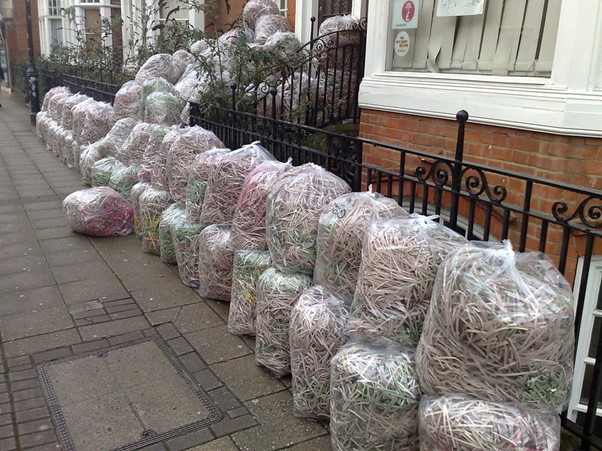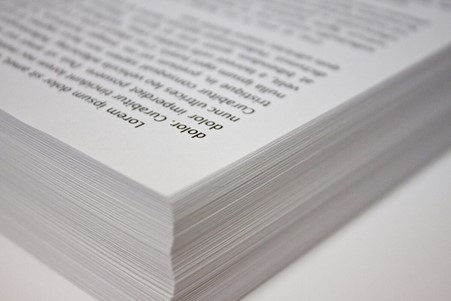As a business or individual, you should know that safeguarding information, especially sensitive information, is crucial. Understanding how to manage documents and dispose of documents securely is essential to protect your identity, as well as other vital information that could land in the wrong hands.
However, many individuals still overlook certain documents that, if not properly destroyed, could lead to some significant risks. Thus, with the alarming rate of identity theft and data breaches, it is vital to remain vigilant about your document shredding processes and to have a checklist to ensure that you dispose of documents when needed.
Various documents require disposal or shredding within a certain period to prevent potential misuse, and then some documents require safekeeping. Understanding which documents to dispose of and which documents to shred or keep is essential to ensure that the vital information they contain remains secure and confidential.
Understanding the Importance of Secure Document Destruction
Secure document destruction is essential to protect sensitive information from falling into the wrong hands. Document shredding is one of the best methods that completely destroy documents to prevent identity theft and data breaches. Identity thieves can easily use sensitive data and documents to steal your identity, make purchases or take loans in your name and even commit financial fraud. Thus document shredding offers an effective and simple way to ensure that sensitive information is destroyed and properly disposed of.
Comprehensive Document Shredding Checklist
With that said, the question remains, which documents should must you shred, and when? The following comprehensive list will provide you with all the information on documents that must be destroyed, and when, as well as other documents, that require safekeeping.
Business Documents
As a business, it is essential to use a document shredding service or your own shredder that provides secure on-site or off-site physical destruction of the following documents. Also, consider implementing a document destruction policy to ensure your business remains compliant with data protection regulations.
Financial information:
- Budget and financial records or documents.
- Tax documents, such as tax returns.
- All copies of sales receipts and invoices.
- Payroll Information.
- Bank and credit card statements.
Company information:
- Any documentation on the company structure and pricing structures.
- Supplier Information.
- Strategic plans and similar information
Employee information:
- Old employee records and identity information, such as ID documents and CVs.
- Appraisals and employee reviews.
- Disciplinary documents and reports.
- Absence, and leave information.
- Documents regarding promotions.
Client or customer information:
- Any old customer or client contracts.
- Client and customer contact and personal details.
- Printed correspondence such as emails, faxes or letters.
- Photo identification or ID documents.
- Any documents containing personal information such as an address, contact numbers, names or email addresses.
Personal Information and Sensitive Documents
Even as an individual, you must safeguard and dispose of sensitive personal documents and information properly. The following documents are essential to dispose of:
Financial Records and Bank Statements:
- Old bank and credit card statements.
- Cancelled Cheques.
- Any documents containing your personal information.
Junk Mail:
- Printed mail or promotional junk mail.
- Digital mail such as emails.
- All documents containing personal or confidential information.
- Spam mail.
Medical Documents:
- Medical Prescriptions that are outdated.
- Medical prescription labels.
- Old medical documents.
- X-ray photos.
- Medical Aid information that is no longer required.
- Medical bills, receipts or invoices.
Old Photos and Identification Documents:
- Duplicate and old unwanted pictures.
- Old identification documents or photos.
- Any documents containing your picture or personal details.
Travel Documents:
- Travel itineraries.
- Boarding passes or tickets.
- Travel planning documentation.
- Details about flights or accommodations.
- Financial documents pertaining to travel.
Shipping and Delivery Documents:
- Order Forms and invoices.
- Digital order information.
- Delivery documents or notices.
- Address labels on boxes or parcels.
Memos and notes:
- Handwritten notes.
- Memos.
- Sticky Notes.
- Reminders, such as missed calls or appointments.
- Old calendars or diaries.
- Old journals.
- Any scripted documents containing personal or sensitive information.
When To Shred Documents
Keep in mind that holding onto documents “just in case” you may need them again could potentially give identity thieves a chance to access documents that are not destroyed. Secure document destruction such as document shredding service is a method recommended by security experts to lower your risk of falling prey to identity theft and data breaches. The timing for document shredding or a secure destruction service varies depending on the type of document and contents of the documents.
Destroy or Shred Immediately
The following documents must be destroyed as soon as they are no longer necessary:
- Bank and credit card statements.
- Financial records.
- Documents with personal information, such as account numbers or social security numbers and signatures.
- Old tax return documents and receipts.
- Old bills such as utility bills.
- Cash withdrawal receipts.
- Pharmacy labels.
- Old prescriptions.
- Sales receipts and invoices that are out of warranty.
- Duplicate documents or photos.
Destroy Periodically
These documents can be destroyed within their necessary timeframes:
One Year or Less:
- Pay Stubs.
- Bank Statements.
- Medical Bills that are paid.
- Medical records.
- Financial records.
- Junk mail and old mail.
- Courtesy checks.
- Pre-Approved loans.
After Seven Years:
- Old tax records.
- Tax returns.
- Any tax-related documents.
Expired Permanent Records:
- Expired passports.
- Expired driver’s licenses.
- Copies of birth certificates.
- Insurance policies.
- Contracts.
- Resumes.
- Copies of identification documents.
Documents to Keep Forever
The following documents must be kept permanently and stored in a secure area:
- Legal and financial documents are important.
- Birth certificates, marriage certificates, passport and identification document originals.
- Documents with required sensitive information such as your social security number and account numbers.
- Passwords and access information.
- Medical and financial records that are irreplaceable.
Permanent records:
- Birth Certificates.
- Adoption papers.
- Social Security and identity cards.
- Marriage certificates.
- Divorce papers and decrees.
- Death Certificates of family members and friends.
- Auto titles.
- Home deeds.
How to Protect Yourself from Identity Theft and Scammers
One of the best methods to protect yourself from scammers and identity theft is to properly manage, store and destroy documents as required. Documents containing personal, sensitive, financial, or confidential information must be kept secure and discarded properly. Document shredding is a secure destruction method for paper documents that completely obliterates all documents and information, rendering it unusual for identity thieves.
Implementing Secure Shredding Methods
You can opt to shred your documents or use a document shredding service provider to destroy documents. A document shredding company provides on-site and off-site services that are usually more reliable and more secure methods for shredding documents. It is also necessary to destroy any digital records completely to prevent hacking and scamming.
Document Organization and Storage
Similarly, it is important to organise and store documents in such a manner that you can easily identify what to keep and what to have confidential document shredding of. Use a secure storage system such as a safe or locked cabinet to keep your documents safe. You could also consider scanning documents and saving them on a secure hard drive to declutter space.
Emergency Kit Documents
There are always some documents that individuals and businesses require close at hand in case they are required. Documents such as certain financial statements and records, identification, insurance information, and tax numbers are essential in your emergency kit. Make sure you keep these documents updated or consider keeping a digital copy in a secure location.
As a Final Note:
There are multiple areas both in your home and business where identity thieves could easily find personal and identifiable information to misuse. The potential damage to your financial status and reputation in the case of identity theft is significant, which makes the small effort of document shredding well worthwhile. It is highly recommended as a business, especially to invest in a secure document shredding services company for reassurance, knowing that your information is completely destroyed.

